Task Force on Racial Equity
A Task Force on Racial Equity is being established to advise the president and administration of JMU on issues of racial equity, receive and provide feedback on information related to current and planned initiatives, and generate additional recommendations for the short, medium, and long term. The membership of the task force will include representation from various constituencies including the student body, faculty, staff, alumni, and community.
This newly formed task force will build on the foundation established by the Task Force on Inclusion (2017-2019) and the Diversity Task Force Initiative (2012-2013).
For abbreviated highlights from the Task Force on Inclusion, click here.
For the final report of the Diversity Task Force Initiative, click here.
 African, African American, and Diaspora Studies Program Enhancements
African, African American, and Diaspora Studies Program Enhancements
AAAD program now has over 80 course offerings and 60 faculty members. AAAD is excited to announce several enhancements to the program next year.
With the support of the Office of the Provost, the College of Arts and Letters, and the Office of Access and Inclusion, AAAD will now receive an annual budget of $25,000, starting next year for a guaranteed three years. Tentatively set for January 2021, AAAD will be moving into office space in Moody Hall. Beginning next year, the administrative work of AAAD will be supported by Office of Access & Inclusion.
AAAD is working with the College of Arts and Letters, Academic Affairs/Office of the Provost, Office of VP Research and Scholarship, Office of VP University Advancement and Access and Inclusion on a plans to establish a Center for African, African American and Diaspora Studies at JMU in the new space.
AAAD is in ongoing collaborations with different units at JMU including CFI, JMU Initiatives in Africa (Office of the President/Office of the Provost), College of Integrated Sciences and Engineering, JMU Libraries, Sisters in Session, School of Theatre and Dance, Professional and Continuing Studies, Honors College, Department of Engineering, CGE, School of Communications, Furious Flower, Cohen Center, Department of History, Department of English, Political Science and International Affairs, Center for Civic Engagement, WRTC, Institute for Constructive Advocacy and Dialogue, XLabs, School of Integrated Sciences and the Department of Biology among others. It is hoped that such work, along with ongoing partnerships with institutions across the globe, will flourish in the center.
AAAD will continue to run its busy annual programming as efforts to establish the center continue. To learn more about AAAD and follow our progress, click here.
 Naming Opportunities
Naming Opportunities
The university is undertaking an inclusive process to rename the three campus buildings in which the JMU community will have the opportunity to offer naming suggestions. The Naming Opportunities website provides the background, resources and process for naming campus spaces and buildings, the policy which allows the process to move forward consistently, the committee charge to research university history and produce a list of individuals deserving recognition, and how to submit a naming suggestion.
Senior Leadership Responding to Constituent Recommendations
The university is committed to both short and long-term changes in our culture and community and we have heard many suggestions from students, faculty, staff, and alumni over the past two months. We have developed a small team that is working immediately on these recommendations focused on Diversity, Equity and Inclusion at JMU. This team is made up of Tim Miller, Rudy Molina, Cynthia Bauerle, Towana Moore, Carson Lonett, Shay Lumpkin, and Art Dean. This team is meeting every week and is also meeting monthly with a group of current students that was organized by the JMU NAACP Chapter and the Student Representative to the Board of Visitors, Norman Jones. This group will be sharing updates with the community monthly as progress is made on the suggestions that have been shared and other areas where JMU can continue to grow and improve as a community.
Recruitment, Selection and Retention of Diverse Employees
Search committees are encouraged to learn more about the value of diversity in the hiring process. Human Resources, the Office of Access and Inclusion and the Office of the Associate Provost for Diversity have teamed together to provide online informational sessions and one-on-one consultation services to all search committees. Learn more about diversity in hiring practices at JMU.
Preventing Harassment and Discrimination Employee Training
Beginning in fall 2020 JMU employees will have the opportunity to learn how to prevent all forms of harassment and discrimination on campus through an online learning course. Preventing Harassment & Discrimination promotes the idea of a positive workplace culture in which everyone plays a role, develops awareness to recognize multiple forms of harassment and discrimination, cultivates positive attitudes, and educates on how to prevent and respond to incidents of retaliation.
Building a Diverse Student Body: Prospective Student Visit Programs
University Admissions and the Students for Minority Outreach annually coordinate Overnight at Madison. Formerly known as Black Freshmen Weekend, this highly successful 30 year program is one of JMU’s largest recruitment programs for African American high school students. Over 75% of participants enroll at JMU.
Wednesday's at Madison provides a special visit program for organizations that serve first generation and low income students. On these specific days, groups will learn about the academic colleges and available resources. This program is by invitation only.
AVID: JMU partners with AVID schools for student visits. Over the past four years over 3,000 underrepresented students have visited JMU as a result of this partnership
Partnership for the Future: Since 2005 JMU has been a sponsor/partner with the Partnership for the Future program of Richmond, Virginia. This program serves under-represented/low income students with internships, college readiness and support from high school through college graduation.
JMU Signs Contract to Conduct an External Climate Study
In July 2020, JMU awarded a contract to conduct an external climate study to Rankin & Associates Consulting. Choosing to conduct a climate study was based on the recommendations of several JMU working groups, as well as individual requests. The President’s Task Force on Inclusion submitted a letter to President Alger with a unanimous recommendation for an external climate study. Implementation planning is set to begin in early Fall 2020.
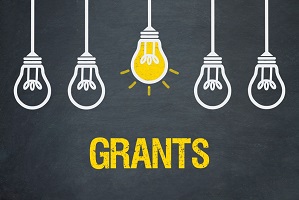 IDEA Grants
IDEA Grants
Since 2006, over one hundred Innovative Efforts Award (IDEA) grants have been awarded for a total of $331,857. IDEA grants test original ideas and/or develop sustainable activities and projects for the enrichment of diversity and inclusion at JMU. Individuals, departments, units or groups submit proposals for activities designed to enhance diversity and inclusion in the broadest terms. For more info and list of previous grant winners, click here.
Provost’s Faculty Diversity Curriculum Grants
The Provost's Faculty Diversity Curriculum Grants were established to encourage more diversity intelligence in all aspects of the curriculum, in support of faculty interest, and to offer students more experience with the pervasive impact of difference in a multicultural society. In the past four years grants totaling $ 80,000 have been awarded. For more info and list of previous grant winners, click here.
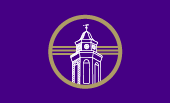 The Beacon: Spotlighting Inclusivity at JMU
The Beacon: Spotlighting Inclusivity at JMU
Beyond this special edition, for three years The Beacon has celebrated diversity and inclusion at JMU by spotlighting upcoming engaging opportunities, highlighting campus initiatives, and featuring individuals at the forefront of creating an inclusive community at JMU. This e-newsletter is sent to students, faculty, and staff twice a semester. To explore inclusion at JMU through the shining light of The Beacon, click here.
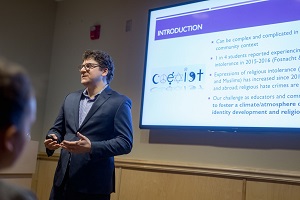 Annual Diversity Conference
Annual Diversity Conference
The Office of the President sponsors the annual JMU Diversity Conference. For over thirteen years this popular conference has celebrated diversity by providing learning opportunities for faculty, staff and our local community through a multitude of sessions, engaging keynote speakers, and award recognitions.
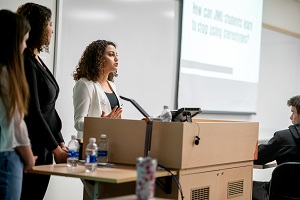 Student Diversity Summit
Student Diversity Summit
New in February, 2020, the Student Diversity Summit aims to give JMU students of all identities the opportunity to exchange ideas on issues of diversity and inclusion, a space and place to have honest conversations, and an opportunity to develop their awareness, knowledge, and skills related to all forms of diversity alongside peers.
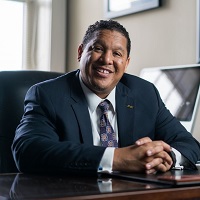 Hello JMU community,
Hello JMU community,

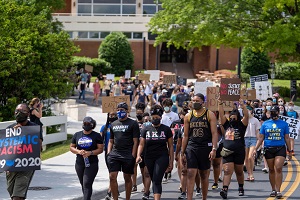 March for Our Lives
March for Our Lives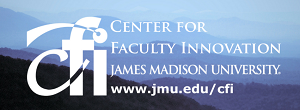 Exploring Our Own Identities: Laying the Groundwork for Social Justice Action
Exploring Our Own Identities: Laying the Groundwork for Social Justice Action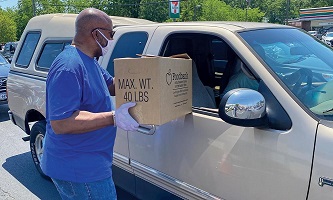 Alumnus Works to Bring Health Equity for Virginians during COVID-19
Alumnus Works to Bring Health Equity for Virginians during COVID-19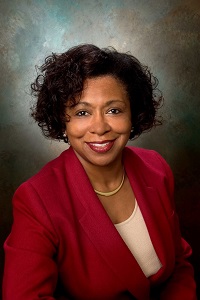
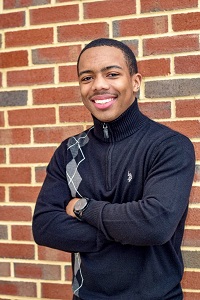 Building Our New Home
Building Our New Home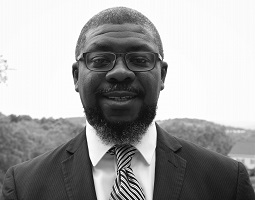 Diversity’s Ability to Produce Adaptable Solutions
Diversity’s Ability to Produce Adaptable Solutions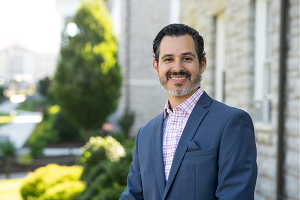
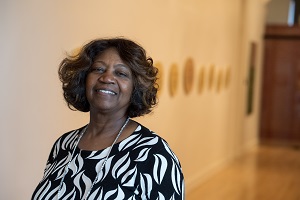 The Path Past “Separate but Equal”
The Path Past “Separate but Equal”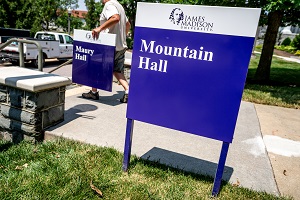 Board unanimously approves renaming Jackson, Ashby and Maury Halls
Board unanimously approves renaming Jackson, Ashby and Maury Halls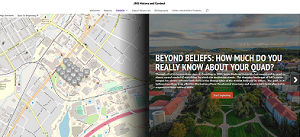 JMU Building History and Context
JMU Building History and Context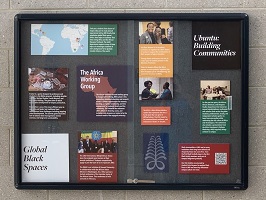 Black Studies and Black Spaces
Black Studies and Black Spaces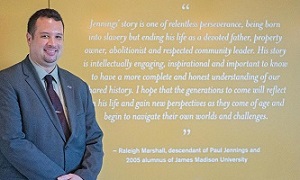 Not Forgotten
Not Forgotten African, African American, and Diaspora Studies Program Enhancements
African, African American, and Diaspora Studies Program Enhancements Naming Opportunities
Naming Opportunities IDEA Grants
IDEA Grants Annual Diversity Conference
Annual Diversity Conference  Student Diversity Summit
Student Diversity Summit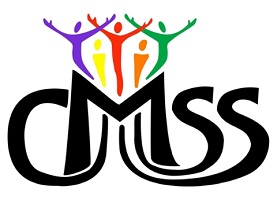 Center for Multicultural Student Services
Center for Multicultural Student Services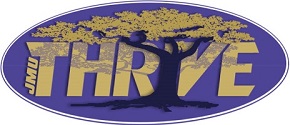 THRIVE
THRIVE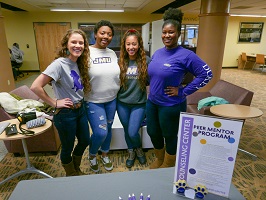 Multicultural Peer Mentoring Program
Multicultural Peer Mentoring Program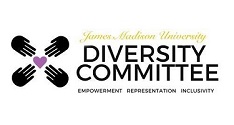 SGA Diversity & Inclusion Committee on Facebook
SGA Diversity & Inclusion Committee on Facebook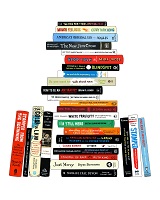 Recommended Readings in Antiracism
Recommended Readings in Antiracism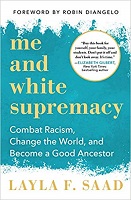 WAKE UP Book Club
WAKE UP Book Club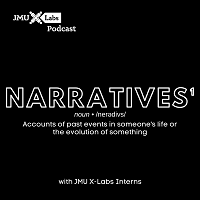 JMU X-Labs Narratives Podcast Featuring Members of the JMU Community
JMU X-Labs Narratives Podcast Featuring Members of the JMU Community